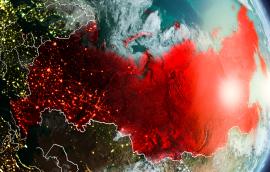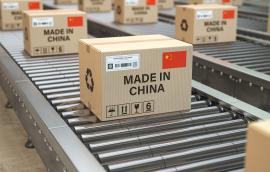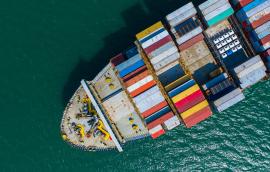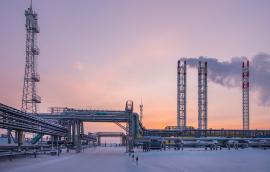Molecule Indifferent Gas Geoeconomics, Not Energy Sanctions, Are the Best Option to Harden Europe Against Russian Gas Coercion
The authors explain why, over the next decade, gas geoeconomics policies can enhance energy security, solidify market liberalization, and also reduce emissions by maximizing the use of clean-burning natural gas. Central and Eastern Europe offer fertile ground for interested countries to partner with the United States in this policy direction.
Gabriel Collins, Anna B. Mikulska September 9, 2020









